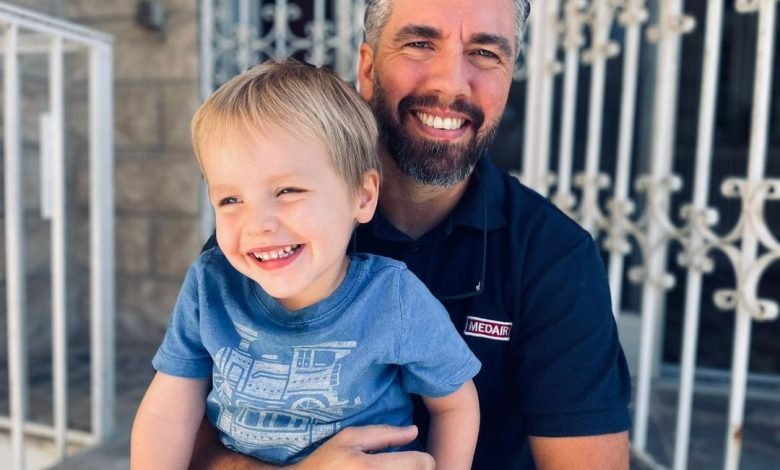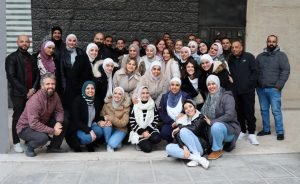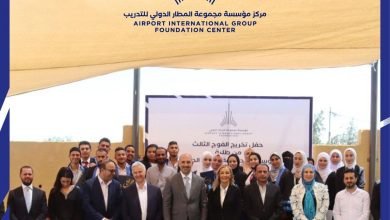Medair-Jordan:We address essential needs for refugees and vulnerable Jordanians

By:Nedal Zubeidi
Jordan Daily – Medair has been working in Jordan since 2013 and it has essentially three key areas in Jordan, focusing on : Health care access ,helping people gain access to essential health care services to psychological support programming and social protection programming, said Nathan Harper, Country Director of Medair-Jordan.
In an interview with Jordan Daily , Harper added it’s important to understand that we are an organization that has a humanitarian mandate not a development one and “our presence and our purpose is linked to addressing essential needs of people as a result of the refugee crisis that was spurred from the Syrian war.”
There are 1.3 million refugees in Jordan and that nearly 800,000 of them are registered with UNHCR, Harper noted.
Medair, a Swiss humanitarian aid organization has certain core areas of expertise, particularly in health, psychosocial support and shelter, adding that it goes to any environment, whether it’s usually or a new emerging context, like the earthquake in Turkiye and Syria, and address the needs in the areas that it has the key core capacity to do as well.
Harper indicated ” most of our work is direct implementation, we have about 80 to 85 staff members. And we have around 150 to 200 volunteers,” noting that Medair has roughly $ 8.5 million portfolio and its key donors are the governments of the United States , Switzerland ,Germany and the European Union.
“Since 2019 we have raised and spent roughly $25 million “.
“Most of our beneficiaries, in Jordan are coming from the northern governates :Amman , Mafraq ,Zarqa , Jerash , Ajlun and Irbid , and that’s mostly because the refugee population is higher in those areas,” he noted.
On the funding issue , Harper said that “the humanitarian funding has been decreasing over time and a lot of organizations like us have had to close. But the reason why we remain is because we are addressing the essential needs for refugees and Jordanians, as there are areas in which refugees and Jordanians are equally impacted.”
He said “our funding is quite stable because we’re addressing core health needs and we don’t look to brand new areas of work, but we expand our abilities in different ways. For example, in our social protection project, the heart of our social protection project, we come along households that are very vulnerable ,and we do an assessment and then we stay with them for six months and we address all the different areas that they need, like education, legal issues ,health, livelihoods.”
And on how the Organization works , He explained “We have a referral system, we get referrals from UNHCR ,from other organizations , from our volunteers and if a family directly contacted us we would look at it as a self-referral .It doesn’t mean it’s going to happen, but it means we’re going to send some body did assess to see if it meets the criteria and we will address it.”

During Covid- 19 , Interestingly, he said the Jordanian Government was the main actor, in terms of covid-19 response ,so Medair didn’t change its approach and it didn’t do anything special, “but what we noticed that the needs went up because people were unemployed and the economic situation impacted people and created more needs, so we got more referrals and there was a spike in funding. In 2020, at the beginning, we had about a four-million-dollar portfolio, by August of that year and went up to 5 million and by a year after August 2021, it went up to 8 million.”
Harper said that the social psychosocial support project has been going on since 2015 and that will continue to go until Medair leaves as people’s health care needs are linked to the policy environment here , in Jordan and as long as the funding is coming in to address those needs , stressing “we are the kind of actor that is well positioned to meet those needs.”
On that particular project , he noted “we were expanding it by raising money around that and we’re working with a local organization who’s going to provide direct livelihood support to the families . And we’re also building the capacity of local organizations to partner with, so that they can actually take over the work that we do in three years…to help those families and get them become much stronger and self-reliant.”

